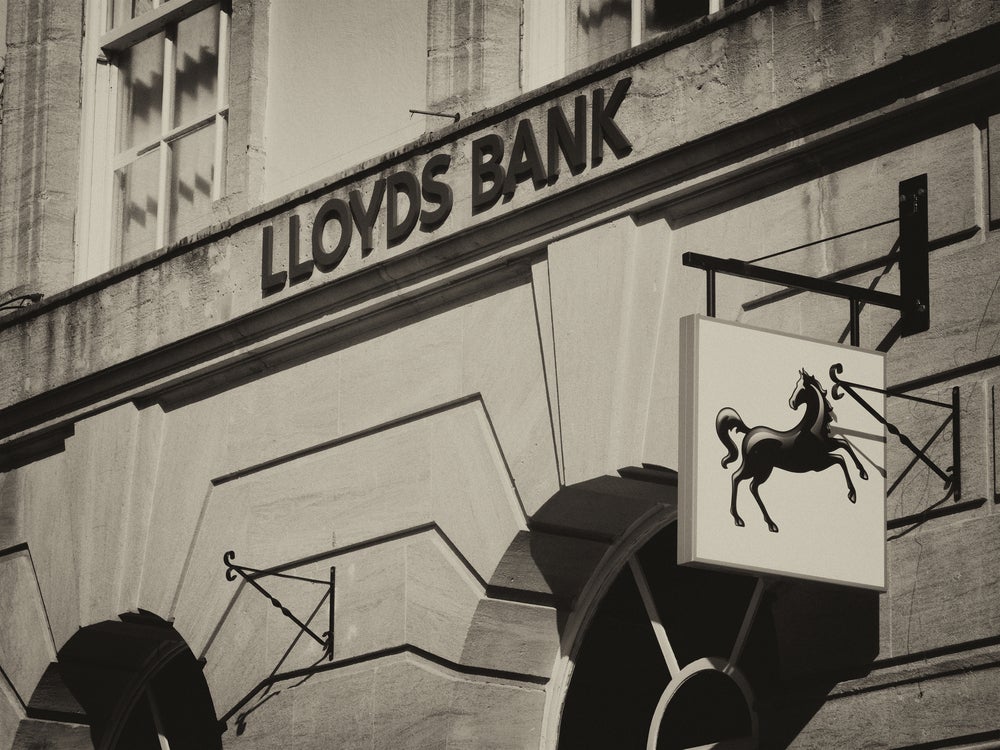It is a well-known fact that there has been a steady increase in fraud over the last few years, with figures from CIFAS, based on members’ data, showing a rise from 217,385 recorded frauds in 2010 to 324,683 in 2016, writes Roger Potgieter.
The biggest contributor to the rising fraud figures has been the alarming rise in identity fraud, which in 2016 made up 53% of all frauds reported to CIFAS by its members.
The asset finance sector has traditionally been a relatively small contributor to these numbers, and long may it stay that way. However, with 2016 seeing a 22% increase in the number of asset finance frauds reported to CIFAS – up from 8,884 in 2015 to 10,860 in 2016 – there is no room for complacency within the industry.
The numbers are not yet out for 2017, but there is unlikely to be any dramatic reversal of the upward trend we have seen in recent years, and in the circumstances lenders should be ever mindful of the need to regularly review their fraud-prevention measures.
Indeed, now is as good a time as any to make sure you do not become a victim of fraud during 2018.
In considering how best to protect your business from fraud, you need to think about both prevention – what your business is doing to detect and prevent fraud from happening in the first place – and recovery – what systems and processes you have in place to ensure that you react appropriately to minimise the damage if fraud is discovered after the event.
How well do you really know your competitors?
Access the most comprehensive Company Profiles on the market, powered by GlobalData. Save hours of research. Gain competitive edge.

Thank you!
Your download email will arrive shortly
Not ready to buy yet? Download a free sample
We are confident about the unique quality of our Company Profiles. However, we want you to make the most beneficial decision for your business, so we offer a free sample that you can download by submitting the below form
By GlobalDataThe following will hopefully serve as a reminder of the preventative measures you should consider from a ‘front end’ perspective:
- Know your customer: In the age of identity fraud, this has never been more important. There are an increasing number of tools out there to assist you in this part of the process, but there are still challenges, particularly when dealing with limited companies. Fraudsters are quick to adapt, and you should therefore regularly review your underwriting safeguards. You should also proactively engage with trade bodies and speak to industry peers to find out how they are dealing with this particular challenge. Fraudsters like an easy target: make sure you are not on their list.
- Know your supplier: Some types of asset finance fraud, such as fresh-air invoicing, inflated pricing, and dual funding, will often involve supplier collaboration. It is therefore essential that you undertake appropriate checks on any new suppliers. You should also make sure you have robust trading terms in place with all your suppliers so if things go wrong, or if there has been a misrepresentation by the supplier – for example, as to the value of the asset – you can seek recourse against the supplier as well as the lessee.
- Undertake a proper valuation, and inspect the asset before and during the term of the lease: It may not always be cost-effective or practical to do so, but wherever possible you should inspect the asset before funding it to make sure (a) that it actually exists, and (b) that it matches any description given by the supplier. This is a simple but effective way of ensuring that you know what you are funding. Your agreements should also give you the right to inspect the asset whenever you choose during the term of the lease, subject perhaps to reasonable notice requirements. Make use of this right, particularly if you have any concerns about the asset being sold on or sub-hired without consent. It is your property, and you have a right to do this.
- Label the asset wherever possible: This will make it is easy to identify on audits and on recovery, particularly in cases where there may be other similar assets on site.
- Register your title on a central register: It is common practice for lenders to register their interest in motor vehicles at HPI to try and prevent fraudulent onward sales. Other assets – such as plant and machinery – can also be recorded in this way. While an unscrupulous buyer is unlikely to carry out the appropriate checks in any event, registration may still offer you a degree of protection.
In the unfortunate event that your business does become a victim of fraud, you should act quickly to give yourself the best chance of minimising the damage.
Wishing you all a happy and fraud-free year in 2018!








